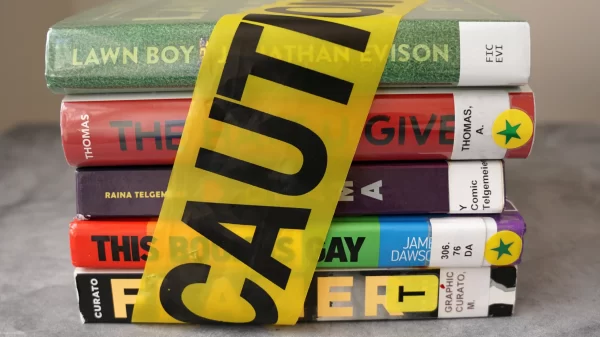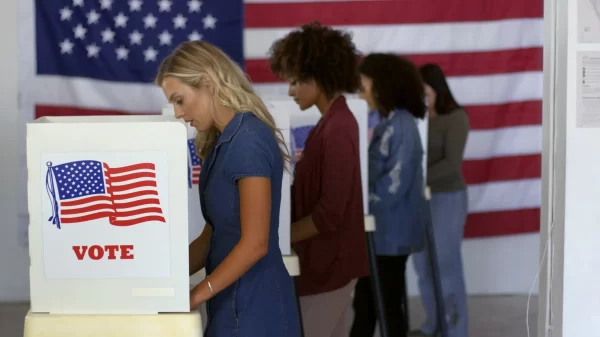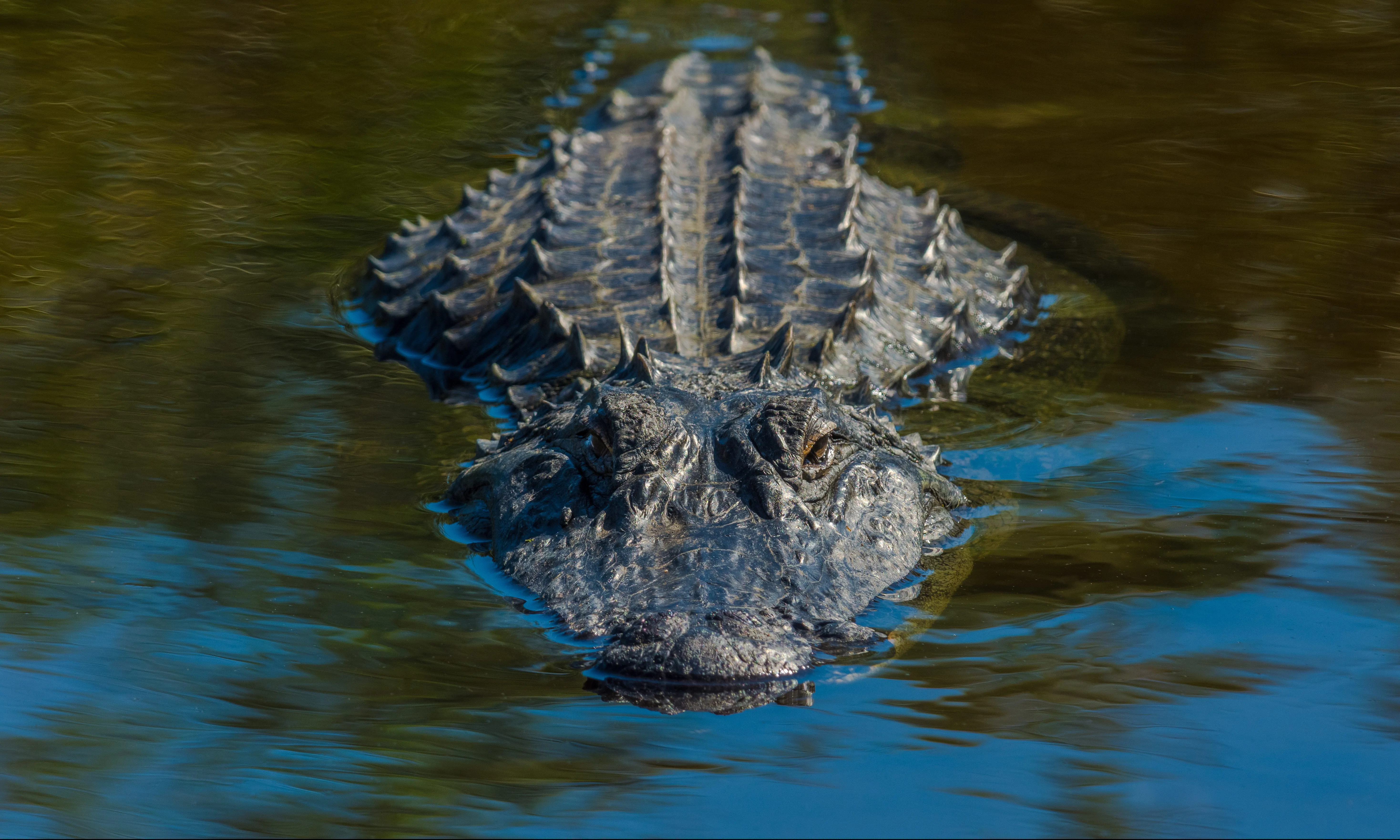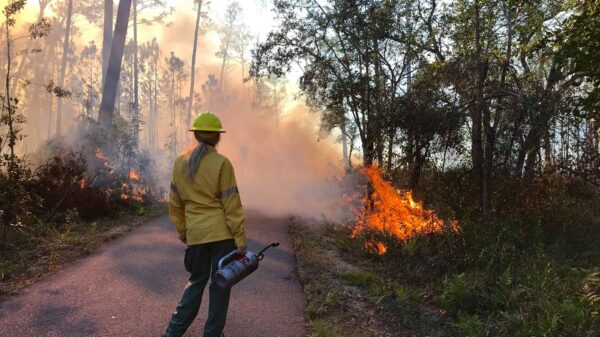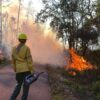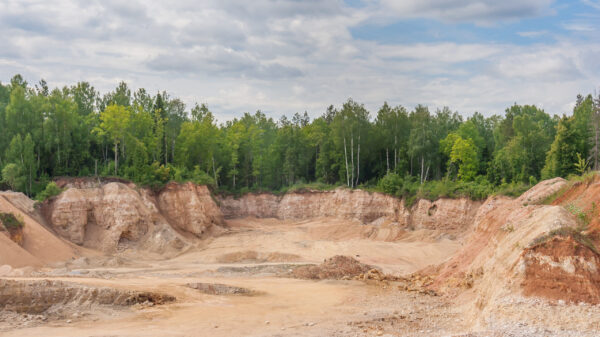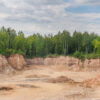The Alabama Department of Conservation and Natural Resources opened online registration for the state’s 14th annual regulated alligator hunts on Tuesday. Registration must be completed by 8 a.m. on July 10.
A total of 260 Alligator Possession Tags will be distributed among five hunting zones. The administrative fee to apply for an Alligator Possession Tag is $22 and individuals may register one time per zone. While the tag is free, the selected hunters and their assistants are all required to have valid Alabama hunting licenses in their possession while hunting.
Only Alabama residents and Alabama lifetime license holders ages 16 years or older may apply for tags. Alabama lifetime license holders may apply for an Alligator Possession Tag even if they have moved out of the state.
To register for the 2019 alligator hunts go to, click here.
Hunters will be randomly selected by computer to receive one Alligator Possession Tag each, and the tags are non-transferable. The random selection process will utilize a preference point system. The system increases the likelihood of repeat registrants being selected for a hunt as long as the applicant continues to apply. The more years an applicant participates in the registration, the higher the likelihood of being selected. If an applicant does not register for the hunt in a given year or is selected and accepts a tag for a hunt, the preference point status is forfeited.
Applicants can check their selection status on July 10, after 12 p.m., by visiting here.
Those selected to receive a tag must confirm their acceptance online by 8 a.m. on July 17. After that date, alternates will be notified to fill any vacancies.
While applying for the tags requires no training or experience whatsoever, applicants drawn for the hunt are required to complete an online Alligator Training Course prior to accepting their hunter/alternate status. The official course will be available on the applicant’s status page upon login.
If selected for an Alligator Possession Tag at two or more locations, hunters must choose which location they would like to hunt. The slot for locations not chosen will be filled from a list of randomly selected alternates.
The Alabama Department of Conservation and Natural Resource has divided the state in hunting zones and issuing total tags limits for each zone where alligator hunting is allowed.
The total tags issued per zone and hunt dates are as follows:
SOUTHWEST ALABAMA ZONE – 100 Tags Locations: Private and public waters in Baldwin and Mobile counties north of Interstate 10 and private and public waters in Washington, Clarke and Monroe counties east of U.S. Highway 43 and south of U.S. Highway 84. 2019 Dates: Sunset on Aug. 8 until sunrise on Aug. 11. Sunset on Aug. 15 until sunrise on Aug. 18.
COASTAL ZONE – 50 Tags Locations: Private and public waters in Baldwin and Mobile counties south of Interstate 10. 2019 Dates: Sunset on Aug. 8 until sunrise on Aug. 11. Sunset on Aug. 15 until sunrise on Aug. 18.
SOUTHEAST ALABAMA ZONE – 40 Tags Locations: Private and public waters in Barbour, Coffee, Covington, Dale, Geneva, Henry, Houston and Russell counties, excluding public Alabama state waters in Walter F. George Reservoir/Lake Eufaula and its navigable tributaries. 2019 Dates: Sunset on Aug. 10 until sunrise on Sept. 2.
WEST CENTRAL ALABAMA ZONE – 50 Tags Locations: Private and public waters in Wilcox and Dallas counties and Monroe County north of U.S. Highway 84. 2019 Dates: Sunset on Aug. 8 until sunrise on Aug. 11. Sunset on Aug. 15 until sunrise on Aug. 18.
LAKE EUFAULA ZONE – 20 Tags Locations: Public state waters only in the Walter F. George Reservoir/Lake Eufaula and its navigable tributaries, south of Alabama Highway 208 at Omaha Bridge except for Eufaula National Wildlife Refuge. 2019 Dates: Sunset Aug. 16 until sunrise Sept. 30.
Each person receiving an Alligator Possession Tag will be allowed to harvest one alligator during the season. An 8-foot minimum length requirement is in effect for alligators harvested in the Lake Eufaula Zone. There is no minimum length for hunts in the other zones. The use of bait is prohibited.
Hunting hours are official sunset to official sunrise in the Southwest, Coastal, Southeast and West Central Zones. For the Lake Eufaula Zone, hunting is allowed both daytime and nighttime hours. All Alabama hunting and boating regulations must be followed.
The American alligator is the largest reptile in North America and can exceed 14 feet in length and 1,000 pounds. The largest alligator harvested on official record was harvested in Alabama.
Alligators are prized for their meat and leather. The species was threatened with extinction due to over hunting during the 1920s, ’30s and ’40s. Alabama was the first state to protect alligators by outlawing these unlimited harvests in 1938. Other states soon followed Alabama’s example. In 1967, the U.S. Fish and Wildlife Service placed the American alligator on the Endangered Species list. By 1987, the species had so recovered that the species was removed from the Endangered Species list, and the alligator population has continued to expand.
The Alabama Department of Conservation and Natural Resources promotes wise stewardship, management and enjoyment of Alabama’s natural resources through four divisions — Marine Resources, State Lands, State Parks and Wildlife and Freshwater Fisheries.
To learn more about ADCNR, visit www.outdooralabama.com.



































